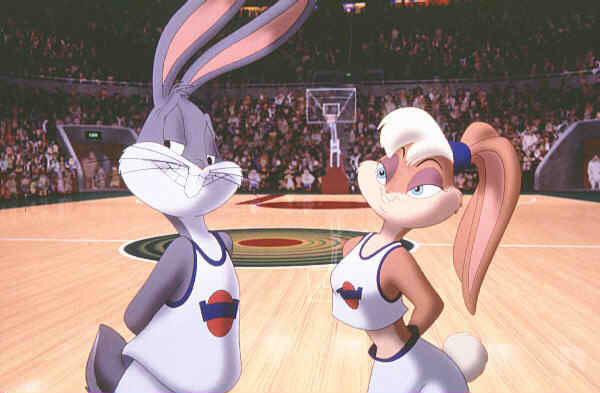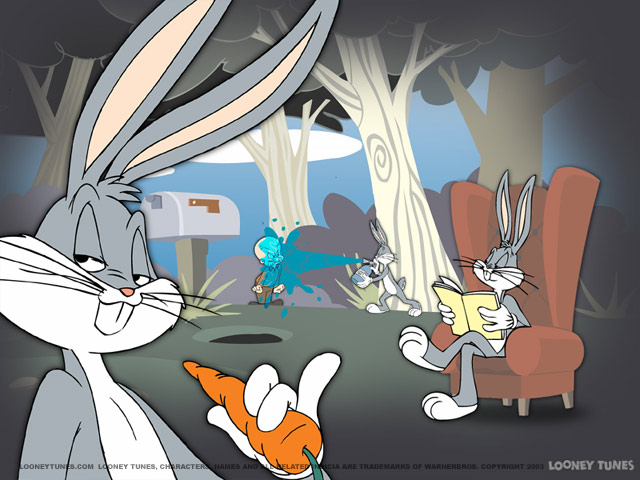I think we're getting off the point here. Maltese was still a trained animator before he became a cartoon writer - he wasn't some schmoe off the street who'd given up a career in some wildly different profession. And if the guy had no drawing talent, how was he able to advance from cell painter to in-betweener? You're making a heck of an assumption there IMO. Not to mention that "writer first, cartoonist second" jazz. I quoted from a well-researched book how Maltese's career progressed, and here's a more direct quote from it:
Maltese left the Fleischer studio in 1936. Having risen from opaquer to inbetweener by early in that year, he wanted to become an assistant animator and was, by his entirely believable account, fired for trying to advance too rapidly at what was by then a heavily stratified operation. After two months at the Jam Handy industrial-film studio in Detroit, he moved to Hollywood in April 1937 and joined the Schlesinger staff as an inbetweener in May.
Maltese was still trying to become an animator...when he was pushed into the story department in August 1939, he said because "the front office" was impressed by the comic pieces he wrote for the Exposure Sheet, the studio's newsletter.
Doesn't sound like the guy's ultimate dream was to be a writer. Sounds like and I quote, he was pushed into it. Which I think perfectly illustrates my original point: he was a cartoonist first, writer second, in every sense of the phrase.


